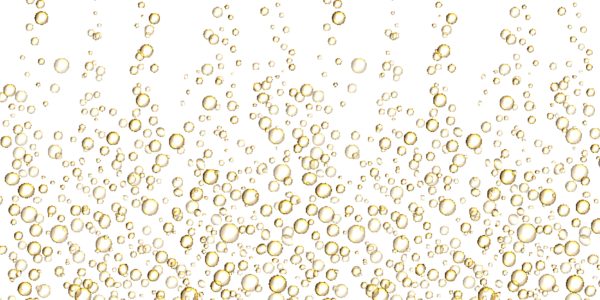A few years back, my sister Mary and I were sitting at her dining room table with her new Black Lab/Newfoundland mix puppy “Bones” snoozing at our feet. She was just beginning to tell me what her mother-in-law had done the past week when I noticed a soft hissing sound from the floor, like air escaping from an automobile tire.
Moments later, assaulted with a rotten-egg stench we grabbed our coffee and headed outside for some fresh air. “Bones” grew into a 100-pound hunk of doggy devotion, a fabulous watchdog with an amazing superpower: passing nearly silent but deadly, eye-watering gas.
Intestinal gas has three main symptoms: bloating, belching, and flatulence. Bloating is painful pressure in your stomach or intestines from excessive gas, and belching is expelling gas through your mouth. Expelling gas out of your intestine is called flatulence. Also called “breaking wind”, “passing gas”, or “farting”, flatulence is a normal body process perpetually fascinating to juvenile males.
Intestinal gas afflicts millions of Americans, including those with lactose intolerance, celiac disease, and irritable bowel syndrome as well as those who happen to eat or drink something that “doesn’t agree” with them.
What can cause intestinal gas?
Eating or drinking something with a lot of air in it can give you intestinal gas. When you drink a glass of beer, carbonated water, soda or sparkling cider, or eat foods with whipped ingredients like sponge cake, a milkshake, or whipped cream, you’re putting gas directly into your stomach.
Swallowing air is a common way to create intestinal gas. Habits like eating too quickly, gulping your food or drink, chewing gum, sucking on hard candy, drinking water out of a water fountain or through a straw, even smoking cigarettes or pipes can introduce air into your stomach.
Certain foods can also create gas. Approximately 50 million Americans cannot digest lactose very well; for lactose-challenged or lactose-deficient folks, eating cheese or other dairy products can cause bloating and intestinal cramps.
Eating candy or chewing gum that contains sugar substitutes like sorbitol or mannitol can cause a chemical reaction in your stomach and intestine that creates intestinal gas.
The food considered most likely to cause gas is beans. Most beans and many other high-fiber foods contain large amounts of compounds called oligosaccharides. These compounds are not easy to digest, causing bloating or flatulence.
What can you do to relieve intestinal gas symptoms?
Simethicone (Gas-X®) is a defoaming agent that acts in the stomach and intestines to reduce surface tension. This breaks down the gas bubbles or makes them smaller so they can be eliminated more easily. Simethicone is not absorbed into the body and has no significant side effects.
Lact-Aid® supplies lactase, an enzyme needed to digest milk products. Lactase helps those with lactose or milk intolerance digest the lactose in dairy products and avoid painful bloating.
Another product approved by the FDA for reducing flatulence is an enzyme called alpha-glactosidase, marketed as Beano®. Approved by the FDA as a food, Beano® comes from a mold called Aspergillus and helps break down certain complex carbohydrates called oligosaccharides, avoiding gas buildup in the stomach and intestine. Adding a few drops of Beano® to your food right as you start eating it can make you a LOT more comfortable when eating new foods or foods that give you trouble. It’s particularly helpful when eating high-fiber foods like beans, broccoli, Brussels sprouts, corn, cauliflower, lettuce, peanuts, and peas.
Here Are 5 Tips to Help Avoid Having Intestinal Gas:
- Eat slowly.
Be sure to chew each bite of your food well before swallowing. Taking smaller bites, eating smaller meals and eating when relaxed also may help.
- Try to keep from swallowing air.
Try to extinguish habits that encourage you to swallow air, like chewing gum, sucking on hard candies, sipping liquids from straws, drinking at water fountains, or smoking cigarettes or pipes.
- Avoid carbonated beverages.
Drink less bubbly stuff like carbonated water, sodas, sparkling ciders and beer.
- Keep a food journal.
A daily journal or diary can help you identify foods that tend to give you gas, so that you can act to avoid them. Common culprits include all of the bean family, corn, and dairy products. Other troublemakers include fruits like raisins, prunes, apricots and bananas, green leafy vegetables like Brussels sprouts and cabbage, and onions and fatty foods. Some people are sensitive to dairy foods, while others have trouble with foods containing wheat or gluten. Drinks that are highly sweetened and artificial sweeteners like sorbitol and mannitol can set off a chain reaction that leads to an excess amount of intestinal gas.
- Try Beano® or Gas-X® (simethicone).
Using Beano® on your food may help prevent intestinal gas from forming, but if all else fails, try simethicone (Gas-X®) for relief of stomach distention and pain.


